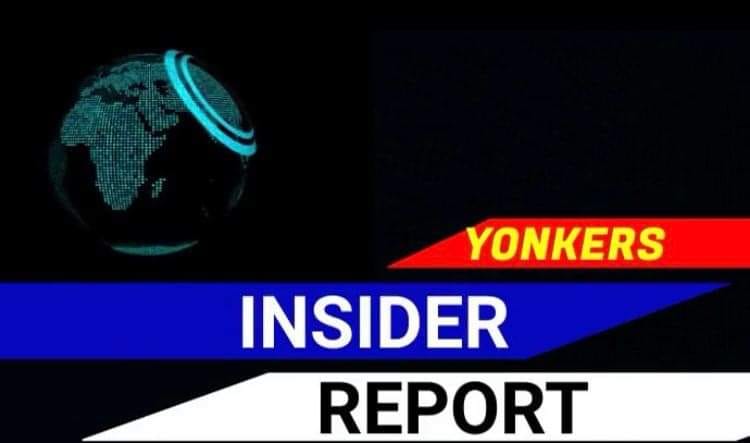A JUDICIAL SEAT IS NON-POLITICAL.
This year, New York State Supreme Court Justice, Sam Walker is running for Re-Election on the Democrat, Republican and Conservative Party Lines. Walker is also a registered Democrat. It is a normal practice in Judicial Races.
This is the first year that Judicial races have crossed ethical boundaries. The only difference between past years and this year is; Zehy Jereis.
Judicial races are held at a very high standard of integrity and ethics based on Qualifications and Experience. Judicial Candidates can't discuss issues or their opinions on issues as they must abide by the Canons of Judicial Ethics.
Jereis has turned the 2020 Judicial race in a dirty, slimy, street fight – because the candidates he is working with can only manipulate and deceive the voter if they want to be successful in November. They cannot compare to the qualifications of Judge Thomas Daly. So, as Zehy Jereis always does; he goes to the gutter.
Who would put their trust in a person who is a Convicted Felon, someone that Pled Guilty to Election Fraud; Forging Signatures on Conservative Party Petitions in middle 1990's, spent years in prison for bribery and corruption all dealing with Yonkers politics???
DON’T PUT YOUR VOTE IN THE GUTTER - DO NOT PUT YOUR TRUST IN KAREN BEST OR DAN ROMANO – (SEE PREVIOUS POST OF PHOTO; (TASHA DIAZ, ZEHY JEREIS’S GIRL WITH BEST AND ROMANO).
Base your vote on true experience and ethics not political propaganda.
NOTE: Rules of Judicial Race in terms of Cross Endorsements in New York State:
Judges in New York are chosen in partisan elections. Judicial elections in the state take place every year. Unlike other states, New York's judicial races may include candidates running for election under multiple party designations. Candidates are allowed to cross-file to run for office under more than one party designation and may receive endorsements from each.
New York is one of 21 states that have nonpartisan or partisan judicial elections. There are also 17 states with judicial retention elections at some or all levels of state courts and three states with partisan judicial elections followed by retention elections.
Terms for all judges in the state of New York begin on January 1 of the year following their election to office. Their terms end on December 31 of the year their terms are set to expire.
Demopublican Buster










No comments:
Post a Comment